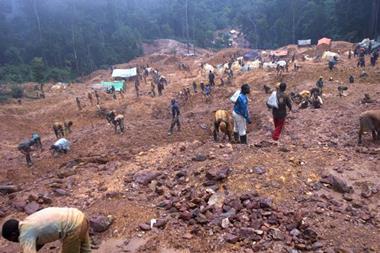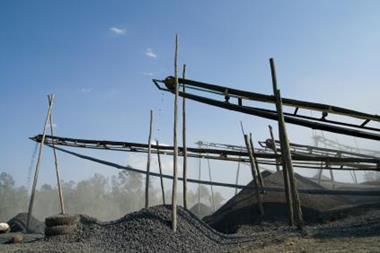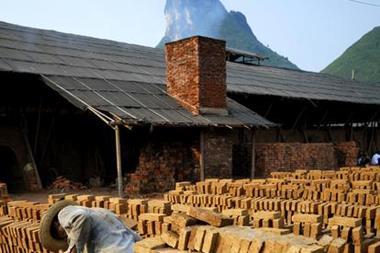Several countries, vital to the supply chains of large multinational companies, are at “extreme risk” of human rights abuse

The chance of businesses being tied up in forced labour scandals has jumped in most of the main emerging markets, according to new research.
Myanmar, North Korea, Somalia and Sudan all topped the index, which was published by Maplecroft. Other countries that are vital in the supply chains of large businesses make up the “extreme risk” category, including China (10) and India (15).
Large multinational companies are increasingly exposing themselves to human rights scandals, such as the use of forced or child labour, particularly as economic conditions deteriorate.
The high risk sectors are labour intensive industries or those involving work of temporary or seasonal nature, such as agriculture, mining, textiles or construction.
While forced labour is generally rooted in poverty the problems aren’t confined to developing countries. Deteriorating economic conditions combined with weak protection for migrant labourers is leading to a growing problem in the developed markets, said Maplecroft.
“The growing range of countries that multinationals are doing business in means it is increasingly challenging for companies to maintain strong oversight of their supply chains and the human rights associated with partners in remote locations,” a Maplecroft spokesperson said.
Until these problems have been addressed, the use of forced labour, including forced child labour, is likely to continue
Company management is more aware of the risk of being involved in forced labour, said the analyst, because of the brand and reputation implications of being seen as complicit in human rights abuse.
The Human Rights and Business Dilemmas Forum, implemented by Maplecroft and the UN Global Compact suggests ways to mitigate the risk of being associated with forced labour.
Companies should consider putting procedures in place to mitigate the risk, such as obliging suppliers to provide workers with written contracts specifying terms and conditions, according to the experts.
“Until these problems have been addressed, the use of forced labour, including forced child labour, is likely to continue, exposing companies to risk of complicity,” said Maplecroft.




















No comments yet